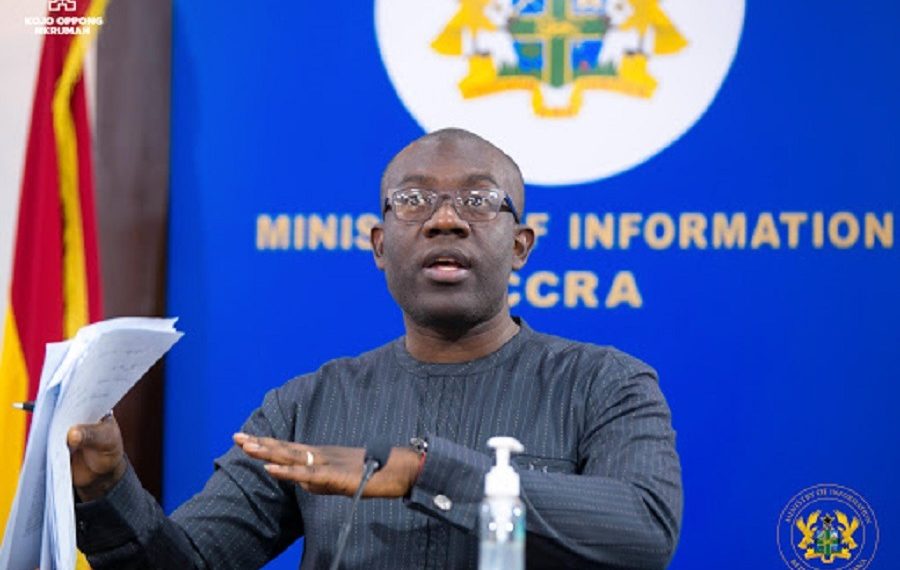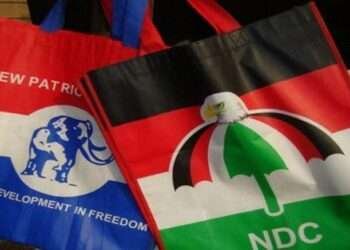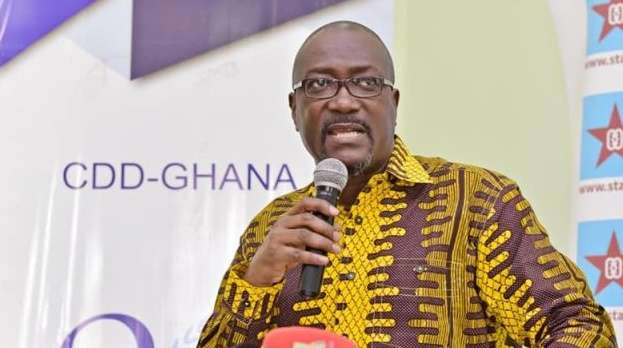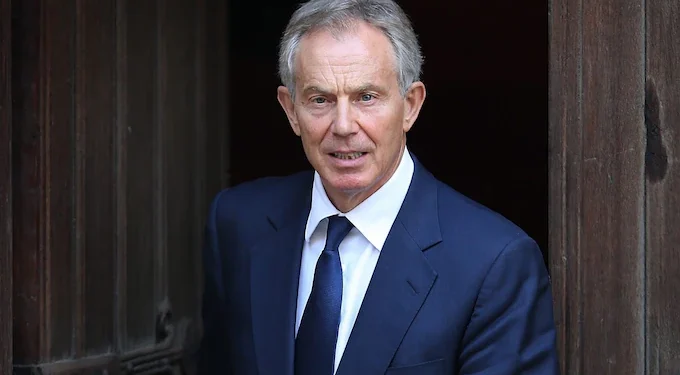The Minister for Information, Kojo Oppong Nkrumah, has directed the Ghana Private Road Transport Union (GPRTU) to come for further engagements on fare reductions.
This, he said as a response to the Public Relations Officer (PRO) of GPRTU, Mr. Ibrahim Abass Moro who lamented about the withdrawal of 10 per cent increment on transport fare while discussing “Phase II Of Easing Restrictions: Gaging Compliance” on JoyNews.
According to the Information Minister, the decision to withdraw the increment on transport prices was based on the fact that risk levels differ between public transport and religious gatherings that is why restrictions were eased on public transport and not in places of religious gatherings. He went on to urge Mr. Abass to come to the table for further discourse.
“We have at least tried to explain the risk levels that differ between these two but it was as a result of that a reengagement took place and the decision was made to draw back or to tail back on about 10 of the 15% increment. And it is my understanding that as a result of this negotiation or this engagement, that this announcement was made to take effect on the 1st August. If like my good brother Mr. Abass is saying they still have some discomfort with that, then the good thing will be to get back to the table to get that engagement complete so that there’s this full understanding and full operation moving forward.”
Mr. Oppong Nkrumah emphasized that the easing of restrictions on public transport was not solely based on the increment of fuel price but other factors laid before the President by his advisors hence, if GPRTU is unsatisfied with the 10 per cent withdrawal on transport fare, they should meet with the Ministry of Transport and allay their grievances.
“Well the announcement of the easing of restrictions is not necessarily based on fuel price increase that is based on what the task forces advising the President and the decisions he’s making but one would have thought that engagement would take place before an announcement is made of a 10% reduction which engagement I’m sure Mr. Abass would confirm took place. The comment he’s making appears to be that they’re not very satisfied with the level of engagement or that the perception that agreement has been breached. That is why I’m saying that the big picture would be, you need to get back around the table, as in, the Ministry responsible for transport. Transport operators will need to get back at the table to tie up that understandings so that they can proceed smoothly.”
He also stated that the role of the transport sector is duly recognized in the economy that is why the policy maker engages the transport operators before making any decision in the transport sector.
“Transport sector is a sector that is of significance in this our country. A lot of value chain start from the transport sector so whatever happens in the transport sector unlike maybe the fisheries etc, has a significant effect on inflation, food prices, cost of goods and services across the country. That is why it’s important for the policy maker to engage with the private transport operators and the public transport operators in determining fares.”
Meanwhile, Mr. Abass lamented the lack of acknowledgement given to drivers in this perilous time. He said drivers should be praised as they come into contact with a lot of people and play a pivotal role in national development.
“I even want the Information Minister, Kojo Oppong Nkrumah to praise us, to say we are the first call to national development. We pick passengers to work and from work we bring them back home. I’m saying they should shower praises to us but the question the person is asking, if government had recognized that yes, drivers are the first call to national development so let’s open up to them, what’s wrong with that? I want the Information Minister to praise us openly that yes, drivers are the first call to national development because if we don’t pick workers to work, how do we develop as a nation? And after a hard day’s work, we have to pick them back home.”





















